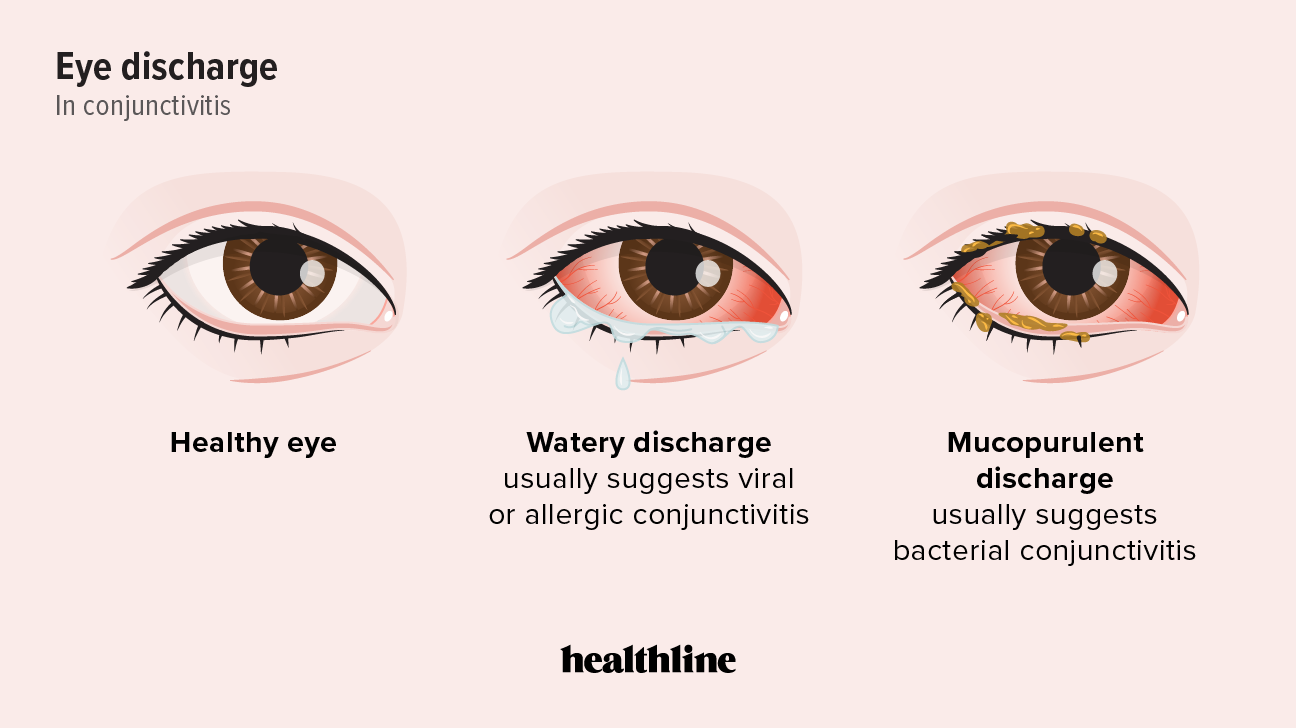If you’re a proud new puppy parent, you’re undoubtedly experiencing a mix of elation and a sprinkling of anxiety as you embark on this exciting journey. Among the myriad of delightful moments you’ll encounter, one concern that may arise is noticing your 8-week-old puppy exhibiting watery eyes. While it might seem trivial, understanding the implications of this symptom can prevent potential complications and ensure your furry friend remains healthy and happy.
First, let’s delve into the biological background of why puppies might have watery eyes. Known as epiphora, excess tear production can stem from various factors, ranging from environmental irritants to underlying health conditions. This suggests that the tear ducts, which are supposed to regulate moisture in the eyes, may be overwhelmed or compromised. Just as the occasional sniffle might signal a common cold, watery eyes can indicate anything from minor irritations to more significant health concerns.
One common reason for watery eyes in young pups is conjunctivitis or pink eye, an inflammation of the mucous membranes that cover the eye. Much like in humans, puppy conjunctivitis can arise from allergens, bacteria, or viruses. If you notice the eyes are not just watery but also red or swollen, it’s imperative to act swiftly. Ignoring such signs can lead to more serious complications, including corneal damage. Thus, an early trip to the veterinarian for a professional assessment can save your pup from unnecessary discomfort.
Beyond conjunctivitis, environmental factors may play a critical role. Puppies are voracious explorers, jostling through grass, dirt, and dust. Such exposure can lead to irritation, especially if they come into contact with allergens like pollen or dander. If you suspect that your puppy’s watery eyes are due to something in their environment, consider monitoring their surroundings. Perhaps a recent change in cleaning products or a new type of bedding is the culprit. Even small alterations can provoke reactions in sensitive eyes.
Another factor to consider is breed predisposition. Certain breeds are more prone to eye issues than others. For instance, brachycephalic dogs, such as Bulldogs and Pugs, possess facial structures that may restrict tear drainage. This anatomical quirk can lead to excessive tearing. If you have a puppy from a breed known for such characteristics, you might need to keep a closer watch on their ocular health and consult with your veterinarian about proactive measures.
Additionally, play a detective role in assessing whether your puppy’s watery eyes are accompanied by other symptoms such as nasal discharge, sneezing, or lethargy. The combination of these signs can indicate an upper respiratory infection, common among puppies, especially in places where they are frequently socializing, such as puppy classes or parks. This is yet another reason to remain vigilant; these infections, while often manageable, can lead to more serious health concerns if left unchecked.
It’s crucial to consider dietary influences as well. Did you know that improper nutrition can impact a puppy’s immune system, leaving them more vulnerable to infections? For an optimal immune response, ensure you’re feeding your puppy a balanced diet rich in essential nutrients. An experienced veterinarian can guide you in selecting the most suitable food options for your growing pup.
So, what should you do if you find your puppy’s eyes are perpetually watery? Start with a thorough examination of their environment. Look for potential irritants or allergens that may contribute to the issue. Simple measures such as cleaning their bedding regularly or limiting exposure to dust can make a substantial difference.
Next, schedule a visit to your veterinarian. A comprehensive evaluation can illuminate the cause of the watery eyes. The vet may recommend eye drops or other treatments designed to alleviate discomfort and address the underlying issue directly. They might also provide insights into prevention strategies, particularly if your puppy is more susceptible to eye problems.
In the meantime, maintain a clean area for your puppy. Use a damp, soft cloth to wipe away any excessive tears, being careful not to irritate the eyes further. Regular grooming, including trimming hair around the eyes if necessary, can help reduce the likelihood of debris causing irritation.
As you navigate the early stages of puppy parenthood, remember that a little diligence in monitoring your puppy’s health can go a long way. Watery eyes can often be benign, but they can signal more profound issues that require attention. By being proactive and informed, you’re setting your pup up for a vibrant and playful future. Each observation brings an opportunity to deepen your understanding of your puppy’s wellness. This connection between you and your puppy is a fundamental aspect of nurturing their growth and happiness.
Ultimately, while caring for an 8-week-old puppy may present numerous challenges, addressing concerns like watery eyes with a knowledgeable approach will fortify the bond you share. Embrace this journey with curiosity and compassion, tuned keenly to your puppy’s needs, and rich in love for your newest family member.
